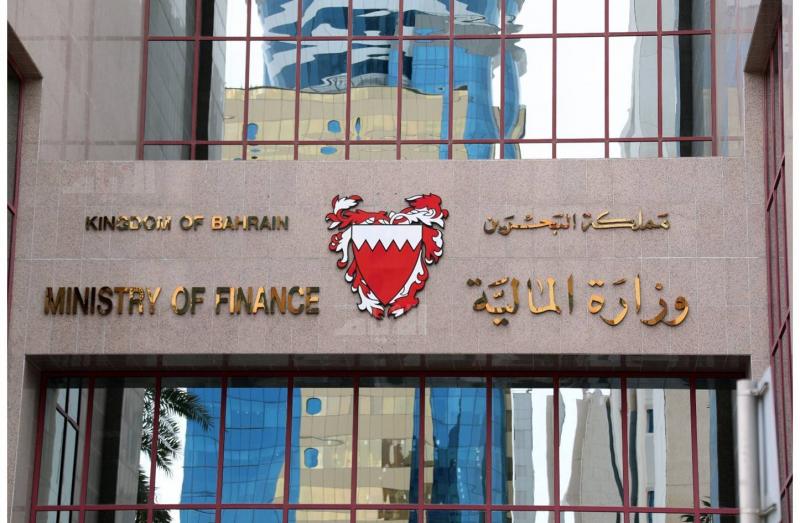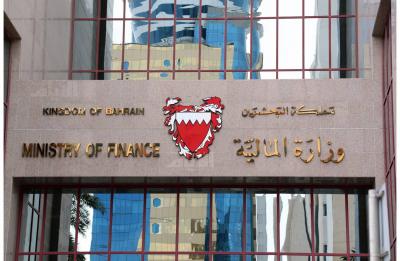The Bahraini Ministry of Finance reported that "the Kingdom's economy recorded a growth of two percent in the first quarter of this year, driven by a 3.5 percent growth in the non-oil sector." Bahrain is one of the smaller oil producers and one of the most debt-laden countries in the Gulf. In 2018, it received a $10 billion rescue package from wealthy neighboring countries to avoid a credit crisis. Nevertheless, it remains one of the most diversified economies in the region.
The ministry stated in a quarterly report released late Monday that, conversely, "the performance of the oil sector declined by 5.9 percent, attributed to decreased oil production rates due to seasonal maintenance work." The average price of Brent crude fell by 20.6 percent on a quarterly basis to $81.07 per barrel in the first quarter. The oil sector accounted for nearly 15 percent of the GDP.
Real GDP growth increased by 11.2 percent, supported by the expansion of the transportation and communications sector, with real estate, commercial activities, financial institutions, hotels, restaurants, and trade growing between 4.2 and 5.3 percent. Meanwhile, the manufacturing sector contracted by 1.1 percent, as did the construction sector by 1.3 percent.
The report, citing revised data from the Information and eGovernment Authority, indicated that real GDP is expected to grow by 2.9 percent this year, with the non-oil sector growing by 3.5 percent and expectations of stability in the oil sector. Growth is expected to reach 3.2 percent in 2024. Preliminary data showed that the Bahraini economy grew by 4.9 percent last year, up from 2.6 percent in 2021. The non-oil sector, which rose by 6.3 percent, supported the growth in 2022, while the oil sector contracted by 1.4 percent.




